Mathys & Squire LLP is delighted to have achieved a significant victory for our client D.W. Windsor Ltd in its patent infringement claim against Urbis Schréder Ltd in the High Court. DW Windsor are a leading British designer and manufacturer of lighting solutions, found in areas such as Tower Bridge, the London Eye, St Paul’s Vista, and the Square Mile in the City of London.
Mathys & Squire LLP is delighted to have achieved a significant victory for our client DW Windsor Ltd in its patent infringement claim against Urbis Schréder Ltd in the High Court. DW Windsor are a leading British designer and manufacturer of lighting solutions, found in areas such as Tower Bridge, the London Eye, St Paul’s Vista, and the Square Mile in the City of London.
The dispute concerned two patents drafted and prosecuted by Mathys & Squire LLP directed to DW Windsor’s Garda AntiClimb® range, a surface-mounted linear lighting system for illuminating walled pathways.
Nearly two years ago, DW Windsor commenced patent infringement proceedings in the Intellectual Property Enterprise Court with the aim of enforcing its patents and protecting its technology. Schréder denied infringement and counterclaimed for revocation of the patents. By the time of the trial, the issues before the Court were limited to validity.
The trial took place in the Intellectual Property Enterprise Court on 17 and 18 December 2024, and in a judgment handed down on 14 March 2025, Her Honour Judge Melissa Clarke held that key claims of DW Windsor’s patents were valid and therefore infringed. The defendant was therefore unsuccessful in its attempt to seek to revoke D.W. Windsor’s patents.
Andrew White, Partner at Mathys & Squire LLP commented: “We are delighted to secure the resounding victory for our client DW Windsor. DW Windsor is a highly innovative British business with IP at its core.
While litigation is rarely a first choice for many, sometimes it is necessary to stand up for your IP rights and in this case D.W. Windsor were willing to protect their investment by taking enforcement action through the courts.
This judgement confirms DW Windsor’s position as innovators in the field of lighting solutions and that they are not afraid to stand up for their IP rights. It was a pleasure to work with the client Alan Grant, Lucy Marlow of Fox Williams, and Adrian de Froment of Serle Court on this matter.”
DW Windsor added:“We’re delighted with the result of the Judgment and the knowledge that our patents will continue to provide protection to the business.
Innovation has been at the heart of DW Windsor since the business was founded, and our Garda Anti Climb products exemplify our commitment to creating new lighting solutions that improve the status quo by leveraging our considerable experience, embracing technology and challenging convention through innovative design and engineering excellence.
We invest heavily in research and development and encourage free-thinking in our technical team to push the boundaries in lighting product design and as a result invest in intellectual property and protect and enforce those rights should they be infringed.
I’d like to thank and acknowledge the tireless professionalism of our legal team, including Lucy Marlow of Fox Williams, Adrian de Froment of Serle Court and Andrew White of Mathys & Squire who helped secure this victory.”
The full Judgment can be read here.
Mathys & Squire LLP are a full-service IP firm with unrivalled expertise in patents, trade marks, design protection and litigation.
Commentary by Partner Edd Cavanna has been featured in UKTN and The Patent Lawyer Magazine discussing how the UK patent system might be restricting innovation in the quantum computing sector and how Europe has become a desirable place to patent new technology.
Read the extended press release below.
The UK Intellectual Property Office (UK IPO) may be discouraging innovation in Quantum Computing by making it harder to patent technology in this sector, says intellectual property law firm Mathys & Squire. That risks driving developers of Quantum Computing to patent their inventions in Europe or further afield and risks making the UK a less attractive venue for Quantum Computing R&D.
The UK IPO currently treats quantum computational algorithms the same way as other (classical) software. Software can only be patented in the UK if it can be demonstrated to have a technical effect going beyond mere routine software automation. This usually means an effect on real world processes outside of the computer – for example software that manages a process in a chemical factory, or provides improved image de-noising.
The existing framework for assessing patentability of software has been developed over many years, but can mean that emerging technologies (Artificial Intelligence, Quantum Computing) struggle under old guidelines.
Dr Edd Cavanna, Partner at Mathys & Squire, says: “The UK patent system and its treatment of strategically important technologies like Quantum Computing and AI is overdue a review. The risk is that we will drive cutting edge Quantum Computing designers elsewhere unless we update our approach.”
“Changing the assessment framework may be a challenge but it’s an important step if the UK is going to improve its attractiveness as a location for the Quantum Computing sector.”
The framework for patenting computer software has been developing since the 1970s. Then, much of the technical effect* (required for an invention to avoid software exclusions from patentability) could more clearly be broken down along hardware/software lines. Quantum Computing software allows processing of data in a radically different way to conventional software but is still currently judged on the same basis in the UK.
Europe a far better prospect for patenting quantum computing tech
By contrast to the UK, Europe’s approach to patenting quantum computing software is a lot more permissive. The UK IPO is not required to undertake a formal search and examination of a patent application until the Examiner is convinced that the invention displays a technical effect. By contrast, the European Patent Office (EPO) will consider all aspects of patentability on filing. This allows a discussion between the inventor and the Examiner from the get-go, allowing the inventor to emphasise the technical effect of the invention in the broader context of patentability in general.
Quantum software may seem like conventional software in its technical effect, as it is often based on mathematics or makes use of conventional software.** Therefore, the UK IPO will often raise an objection that the patent application is non-technical. This makes it difficult to proceed in the UK and means that the EPO is a more predictable and engaging forum than the UK IPO for patenting Quantum Computing software.
Quantum Computing leverages quantum mechanics to approach information processing in a fundamentally different way. At its core, Quantum Computation leverages the ability of a quantum object to exist not in a single state, but in a superposition of two (or more) states. By analogy to classical computation, where a bit must be in a 0 or 1 state, a quantum bit, or qubit, can be in any superposition of the 0 and 1 states. By combining multiple qubits in carefully controlled superpositions, the information processing takes on a completely different form. Many developers hope Quantum Computers could one day be used to solve problems that are currently too difficult for computers today by leveraging this new way of approaching information. Areas looking to benefit from Quantum Computing developments include:
- Materials modelling and pharmaceutical discovery, who are hoping to use increased processing power to discover new materials, drugs and vaccines faster.
- National security, as quantum computing can be used in R&D of materials for military vehicles and to help decipher encrypted messages.
- Optimisation problems, finding ideal parameters in complex and rapidly changing systems, such as supply chains.
Outdated IPO rules may not be fit for purpose
Dr Edd Cavanna points out that the UK IPO tends to regard Quantum Software as broadly equivalent to classical software. This means that the complete rethink of how information is represented and processed in Quantum Computing may not be given due weight under the current system.
Dr Edd Cavanna says: “The longstanding framework for assessing software applications in the UK appears to be outdated in view of today’s technological innovations. A review of this framework to account for the unique properties of Quantum Computation would be very welcome, rather than applying blanket rules, developed under the classical computing framework, to this emerging field.
Dr Cavanna notes “Regrettably, a recent update to the framework under which the UK IPO assesses software, including quantum computer algorithms, has not shifted the dial as much as was hoped. Both patent examiners and inventors would benefit from a detailed review of rules in view of the contemporary technological landscape”.
*Technical effect means broadly that inventions in the software space need to show an impact beyond the computer, leading to a real-world improvement.
** Quantum computing often involves classically executed method steps, and is usually reasonably mathematically complex.
As we get ready to celebrate International Women’s Day this weekend, our Partners, Associates and Technical Assistants take a look at the women who have revolutionised the world of science and technology, spanning the sectors Mathys & Squire work with.
In these fields, women are disproportionately underrepresented. For years, women’s involvement in scientific breakthroughs went unacknowledged. Whilst huge progress has been made in the opportunities women have, they are still met with systematic barriers to entry, such as a lack of role models, limited support for a family-work balance, and unconscious bias, which can affect employability and funding possibilities, as well as more explicit sexism in the workplace.
Therefore, it is important to celebrate the achievements of the women who have made their mark on science, as well as raise awareness of the challenges women face, in the hope of deconstructing them.
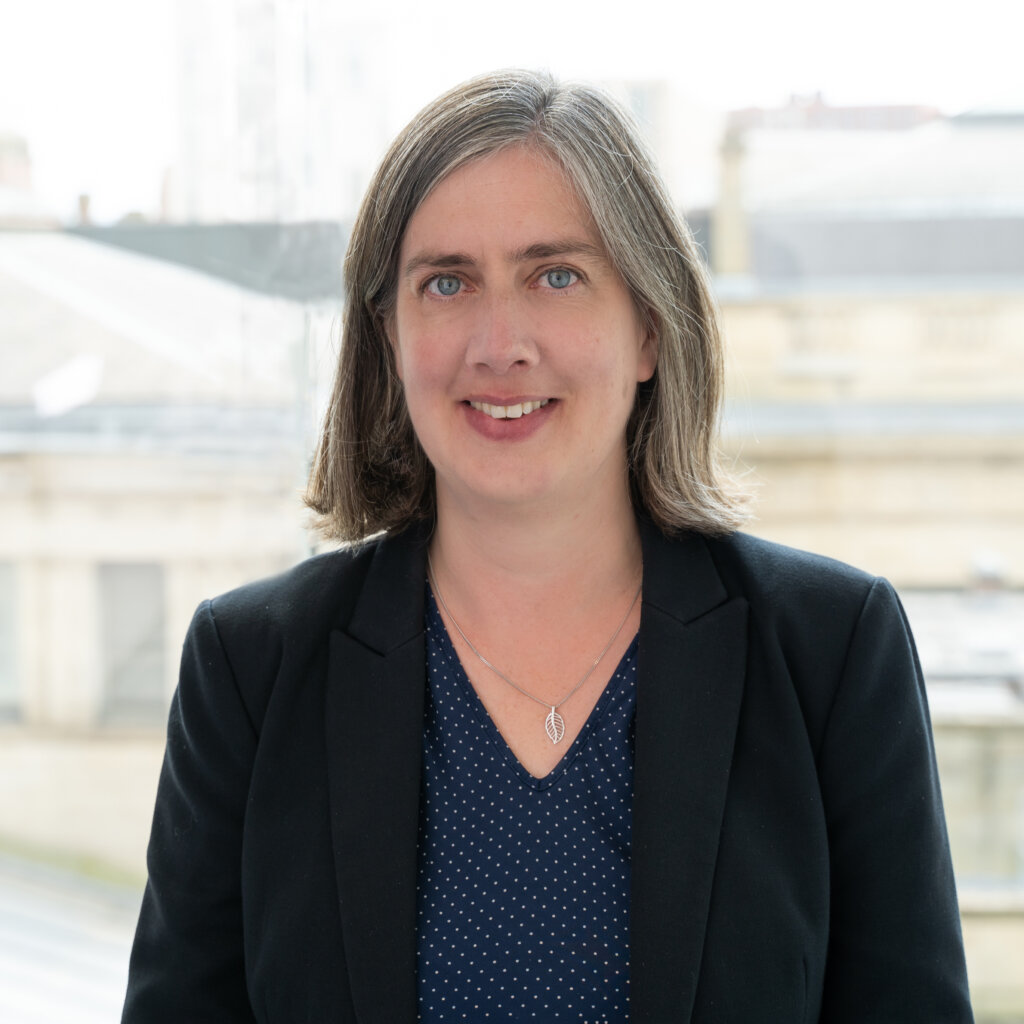
AI & Machine Learning
Noor Shaker – by Caroline Warren, Partner
“Noor Shaker’s work is an inspiring case in point for how AI can have a real impact on improving people’s lives through its applications in the pharmaceutical industry. As co-founder of Generative Tensorial Networks Ltd, a UK-based startup, she developed an AI-driven model with the aim to reduce the time and costs entailed in the discovery of drugs and development of new medicines. Now she is the CEO of start-up Glamorous AI and has numerous patents, continuing to challenge what we think is possible in regards to AI helping to find life-changing cures for disease.”
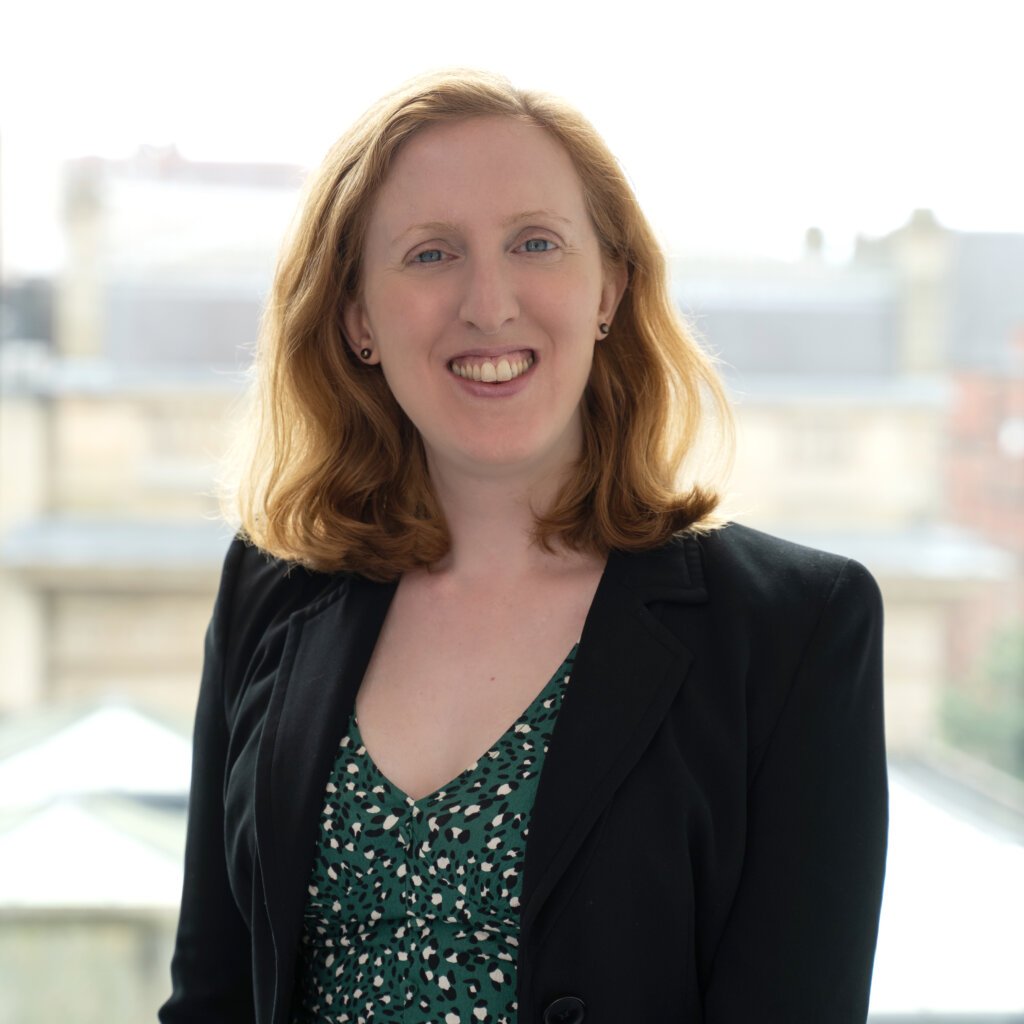
Biotechnology
Dr. Helen Lee – by Anna Gregson, Partner
“Dr. Helen Lee has pioneered technologies in rapid diagnostic testing for infectious diseases, striving to make testing more affordable, accessible and accurate. She founded her company, Diagnostics for the Real World, with the goal of creating quick and portable testing kits for point-of-care (POC) diagnoses. She invented the SAMBA (Simple Amplification-Based Assay) device to simplify the execution of molecular diagnostic assays.
“The most recent version, named SAMBA II, was launched in 2018. SAMBA II has been used in Africa to improve the detection of HIV and, during COVID-29, was adapted for the pandemic and widely implemented in hospitals for rapid testing. Dr. Lee’s inventions, for which she has won several awards and been granted multiple patents, have improved lives in the UK and worldwide.”
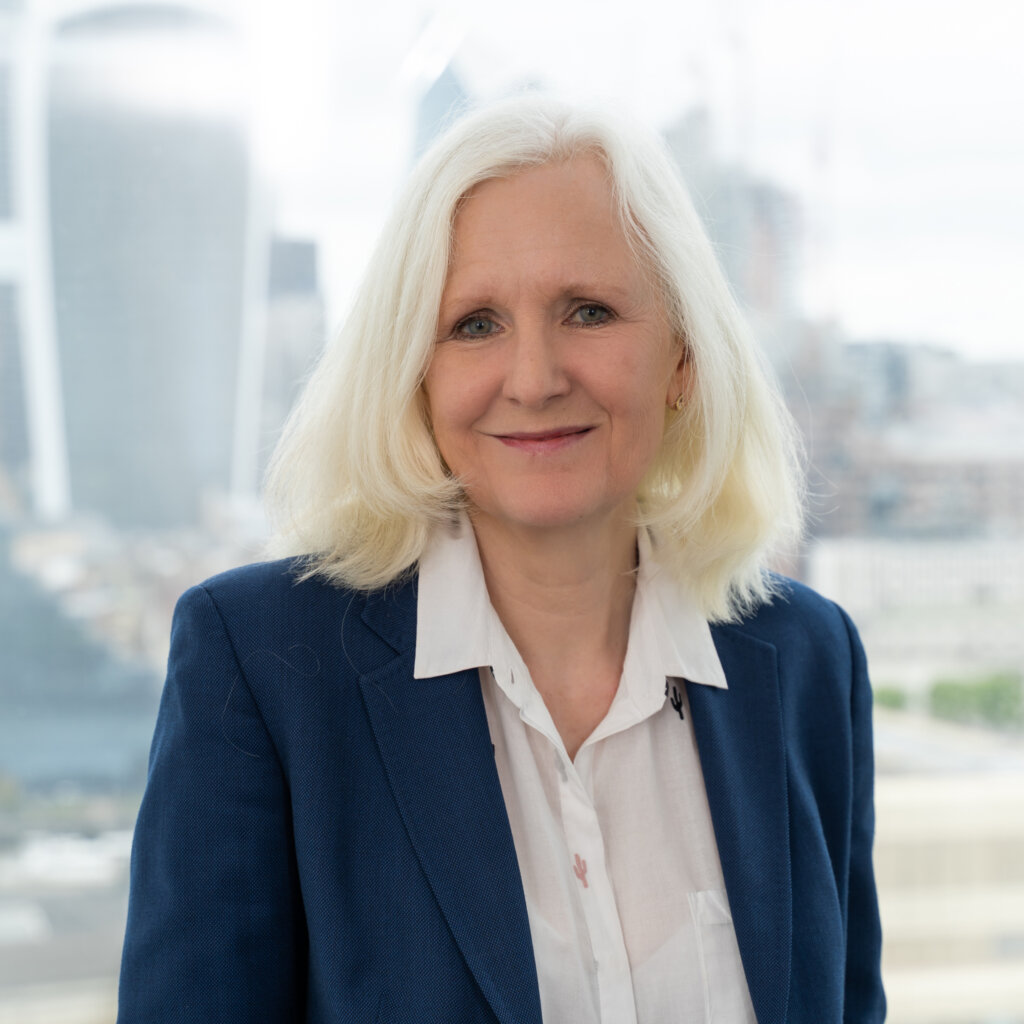
Cleantech
Maria Telkes – by Jane Clark, Consultant Partner
“Maria Telkes, born in 1900, was one of the first scientists to focus exclusively on solar energy and became known as the “Sun Queen” on account of her ground-breaking creations. In the 1950s, she invented the first solar-powered heating system, a trailblazer for modern solar panels, and co-designed the first house heated entirely by solar energy. Another of her inventions was the solar desalination system which was used in WWII on lifeboats, enabling sailors and soldiers to survive by drinking seawater. She held more than 20 patents, including one for her “thermoelectric power generator,” which she was granted in 1958.”

IT & Software
Ada Lovelace – by Johannes Zweck, Associate
“Ada Lovelace, born 1815 in London, is considered a pioneer in the field of computer programming, at a time before computers even existed. She designed the first algorithm for Charles Babbage’s “Analytical Engine” (a digital mechanical general-purpose computer with an arithmetic logic unit, a control flow for branching and loops, and memory). Her algorithm was not too dissimilar from a code written today in assembly language, leading to today’s perception of her being the “first programmer.”
“Though her work was largely forgotten for a century, it was rediscovered in the 20th century and is now regarded as revolutionary. Ada Lovelace challenged the preconceptions of women at the time and her story demonstrates the importance of diversity in creating new inventions. “
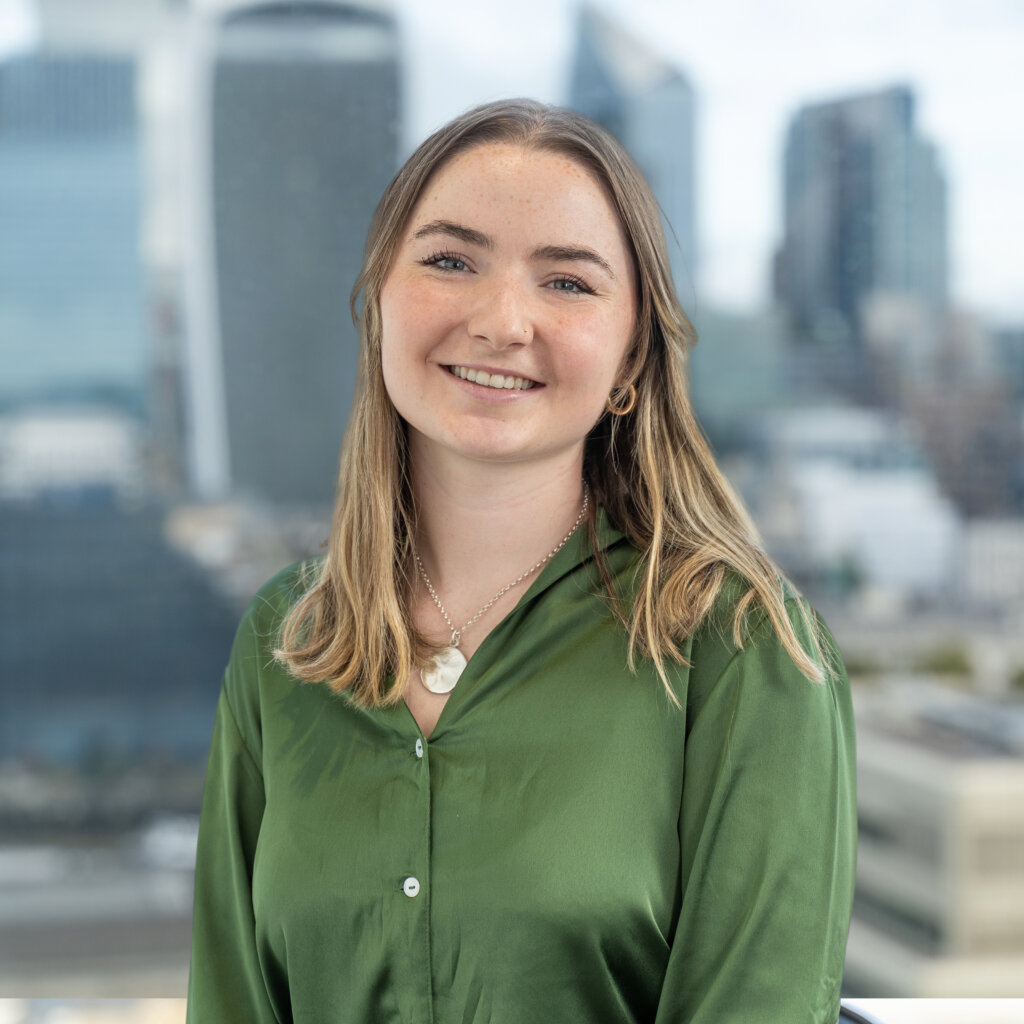
Life Sciences & Chemistry
Dr. Henrietta Boyd – by Sophie Wilson, Technical Assistant
“As CEO and co-founder of Halocycle, a startup founded in 2020 and awarded the title of UK Tech Innovator in 2024, Dr Henrietta Boyd is one of the women beating the odds faced by female entrepreneurs.
Halocycle develops innovative chemical recycling processes to deal with plastic waste, in particular PVC. PVC poses a problem for both mechanical and chemical recycling due to its chlorine content, resulting in the production of hydrochloric acid when the plastic is broken down. However, Halocycle’s microwave processing technology, which involves a different type of heating than other chemical recycling techniques, can be used for the recycling of packaging containing chlorine and has a lower carbon footprint. Thanks to Dr. Henrietta Boyd’s work, the company is helping foster a more sustainable and circular economy.”
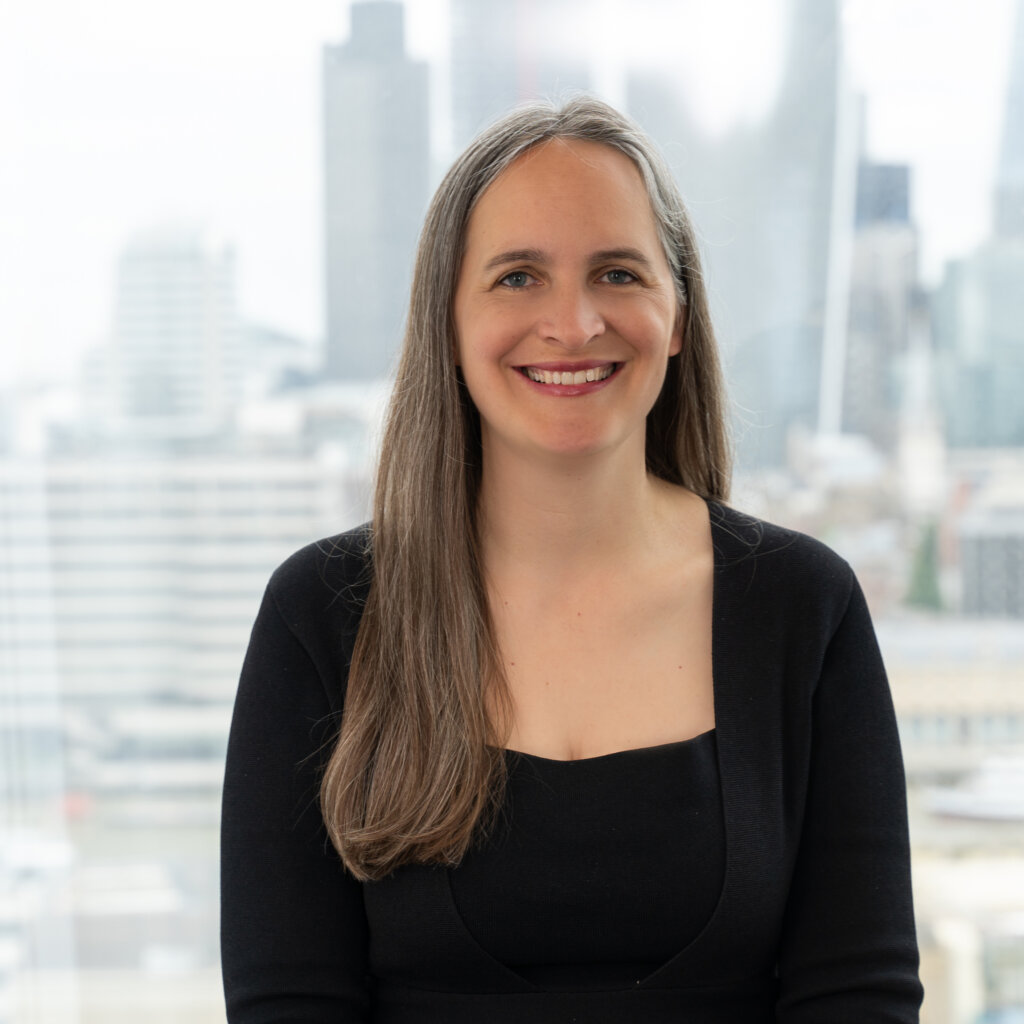
Manufacturing and Engineering
Erna Hamburger – by Andrea McShane, Partner and D&I Officer
“Erna Hamburger was the first woman to be appointed full professor at a Swiss Polytechnic university, becoming a professor of electrometry at EPFL in 1967. Her academic career included research in the fields of radio and high frequency engineering and heading the Laboratory of Electrometry and Electrical Machines, which became the Department of Electric Engineering of the EPFL.
“A patent was granted for her work as an electrical engineer at Paillard SA prior to her appointment to the EPFL (titled “Recording and reproducing of sound”). Beyond her academic focus she worked for a number of international commissions including the ISO in the fields of basic electrical standards and terminology of electrical engineering. Hamburger was engaged in promoting and supporting women in STEM and higher education, and an annual Erna Hamburger Prize recognizes exemplary female careers in science.”

Medical Devices
Patricia Bath – by Jessie Harrison, Associate
“Patricia Bath revolutionised eye care with her invention of a ‘Laserphaco Probe’ for cataract surgery in 1986. Before this invention, cataract surgery necessitated the manual removal of the cloudy lens, whereas Bath’s method uses a laser to break up the cataracts and a suction device to remove the debris, which is a lot less invasive and time-consuming. She was granted a patent for the Laserphaco Probe in 1988, paving the way for the use of lasers in medical surgery and becoming the first African American woman to receive a medical patent in the United States.”
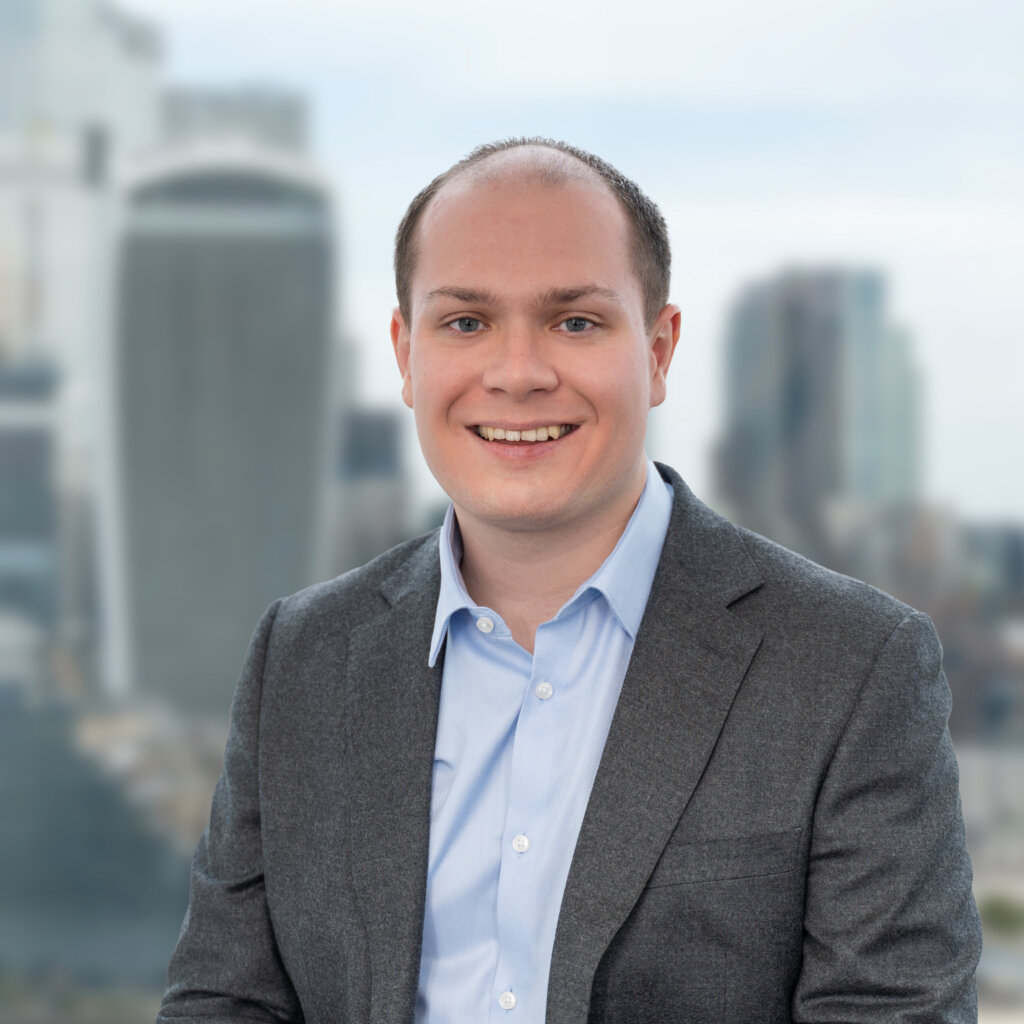
Pharmaceuticals
Professor Dame Carol Robinson – by Maxwell Haughey, Associate
“Professor Dame Carol Robinson has made remarkable contributions to the pharmaceutical field through her work in mass spectrometry and structural biology. She developed innovative techniques using mass spectrometry to study proteins, improving our understanding of how drugs interact with the body. Her contributions have revolutionised drug discovery, and her research has helped pharmaceutical companies to design better targeted drugs.
“Her career also showcases important steps for women in STEM and academia: she was the first female Professor of Chemistry at both the University of Cambridge and the University of Oxford, and was awarded a Damehood in 2013 for her impact on science. Last July, Professor Dame Carol Robinson was presented with the Lifetime Achievement Award by the EPO.”

Tu Youyou – by Lindsay Pike, Associate
“Tu Youyou is a pharmaceutical scientist responsible for one of the greatest medical breakthroughs of the 20th century. She was appointed to lead Project 532 in 1967, a research project initiated to find a treatment for malaria, operating in secrecy during the Cultural Revolution in China. Through her study of traditional Chinese herbal remedies, she discovered that artemisinin (found in sweet wormwood) can kill the malaria parasite when isolated using specific extraction methods.
“Her discovery was life-changing, especially during a time when malaria was killing thousands of soldiers and civilians during the Vietnam War, and the drug has gone on to save millions of lives, reducing malaria deaths by 50% since 2000. Artemisinin-based combination therapies are still the most effective malaria treatment in the world, despite emerging drug-resistance in malaria parasites. Tu Youyou became the first Chinese woman to win a Nobel Price (Medicine, 2015), and has also been awarded the Order of the Republic, the highest civilian honour in China.”
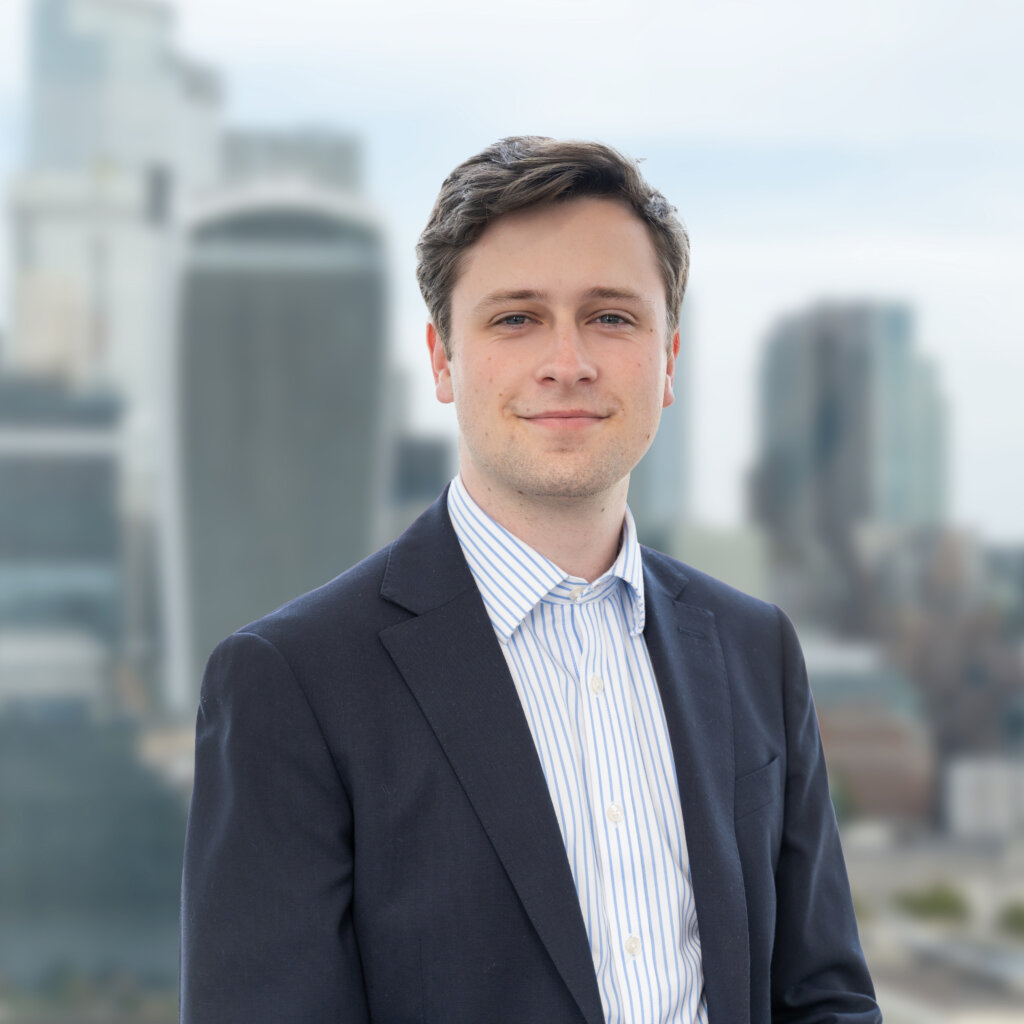
Optics and Imaging
Janine Connes – by Louis Brosnan, Technical Assistant
“Janine Connes was a French astronomer and physicist who improved the resolution of imaging through Fourier Transform Infrared Spectroscopy by several orders of magnitude, working on the method between 1961-1968. She regularly worked alongside NASA at the Jet Propulsion Laboratory, and later captured planetary spectra of Mars and Venus in far greater detail than previously possible. Thanks to her contributions, new uses for the imaging of spectra were developed in the fields of nanotechnology, microscopy and chromatography. She was appointed as a director of the French National Centre for Scientific Research (CNRS) in 1969, leading their electronic computing division.”
The examples above are just a small fraction of the many women that have helped advance what is possible within IT and Engineering, and Life Sciences and Chemistry. They demonstrate that overhauling the exclusion of women from these sectors will not only help women, but help our planet and the people on it.
We would like you all to join us in wishing a happy International Women’s Day to the women around us!
On Thursday 6 March 2025, Mathys & Squire hosted Roma Agrawal MBE, prominent engineer and advocate for women in science, in our London office, in honour of International Women’s Day this weekend.
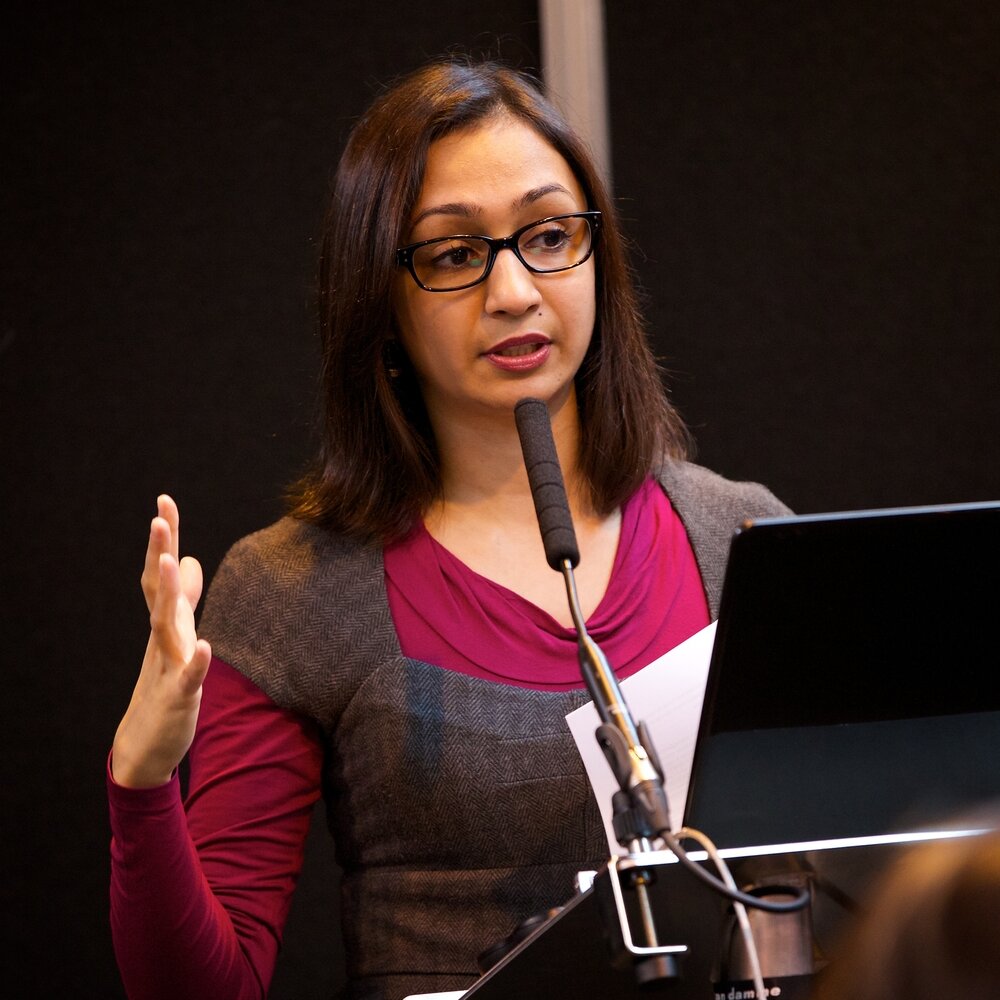
Roma Agrawal is a structural engineer who has worked with signature architects to design a wide range of important structures, from bridges to skyscrapers. Most famously, as part of her fourteen-year career, she spent six years working on our office’s building, the Shard, designing the foundation and the ‘Spire.’
She is also an author and a broadcaster with five published books and her own podcast, Building Stories. Cited as “the new voice of women talking about science […] and making it cool” by the Telegraph, she imparts her knowledge of the structures around us. Her first book, Built: The Hidden Stories Behind Our Structures, looks at the broad, and often unexpected, impact of engineering and architecture on humanity, whilst How Was That Built?: The Stories Behind Awesome Structures is one of her illustrated books aimed at younger readers, illuminating the engineering ingenuity behind famous landmarks.
Through her platforms, and talks at universities, schools and other organisations, she hopes to inspire everyone to be curious about the world around them, as well as raise awareness for engineering and technical careers among young people, particularly those from underrepresented groups.
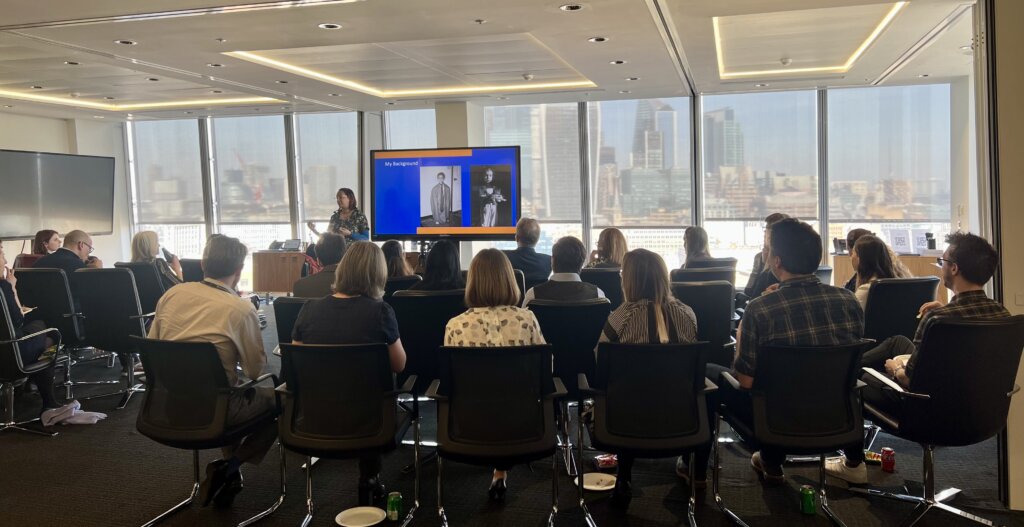
Roma Agrawal speaking in The Shard today
Roma gave a talk which covered a fascinating range of topics: from the large, delving into the science behind the tallest building in Western Europe, to the very small, revealing how something as seemingly inconsequential as a spring allowed us to measure time.
Calling attention to International Women’s Day, Roma shared the story of the inspiring woman behind the construction of the Brooklyn Bridge, Emily Roebling. She then discussed how her gender impacted her own career, talking about the lack of awareness of women in engineering, as well as the difficulties she faced due to being one of only a few women on the Shard building site.
You can read more about Roma Agrawal on her website here
Mathys & Squire Associate Emma Pallister has been featured in The Trademark Lawyer Magazine with her article, ‘The rise of influencer marketing and IP implications’.
An recent article by Associate Emma Pallister has been published in The Trademark Lawyer Magazine titled ‘The rise of influencer marketing and IP implications’. In this piece, Emma discusses the increased consumer trust of influencers, IP risks for brands, influencer liability and the prevalence of counterfeit goods online.
To read the article in full, click the link here.
Commentary by Managing Associate Adam Gilbertson has been featured in The Global Legal Post, Solicitor’s Journal and The Trademark Lawyer as he responds to the latest UK Government AI Consultation regarding the implications of marking AI generated content.
Read the extended press release below.
Will the UK Government mandate that AI users mark their content as AI generated?
The UK Government should seriously consider mandating AI users to mark their content as AI generated says leading property law firm Mathys & Squire in response to the UK’s consultation on AI consultation that closes on February 25.
In December 2024 the UK Government launched a consultation on how copyright law should be changed to take into account the rise in Gen-AI (Copyright and Artificial Intelligence). The document asks for readers’ advice on whether AI material should be flagged as being created by AI – and whether the Government should be responsible for regulating that.
Currently, there is no obligation for material generated using artificial intelligence to be marked as such.
Adam Gilbertson, Managing Associate at Mathys & Squire, says that “As content generated using Gen-AI becomes increasingly indistinguishable from genuine manmade material, in many cases it’s in the public interest to know what material has been generated by AI so that they can make a properly informed opinion about that material.”
That applies to a whole range of content from Gen-AI created reports, articles and newspaper stories through to Gen-AI images, and not just for copyright purposes but for wider authenticity and bias concerns.
UK Government must balance responsibly to protect copyright holders with need to drive AI R&D in the UK
In the Copyright and Artificial Intelligence consultation, the Government indicates that it favours an ‘opt-out’ model of making copyrighted material unavailable for AI training, similar to the EU’s current text and data mining (TDM) exception. This would mean copyrighted material can be used for training AI for commercial purposes unless the copyright owner makes it clear (in some way) that they have ‘reserved their rights’ to such material.
Adam Gilbertson says that this is a sensible middle ground that should help ensure that content creators can seek fair remuneration for use of their copyright protected works whilst providing a safe harbour for AI developers, helping to make the UK a welcoming environment for AI R&D without too much red-tape.
Government must standardise how copyright holders opt-out from AI models training on their data
Adam Gilbertson also recommends that the Government should standardise the way in which copyright holders opt-out of such an exception and reserve their rights to help avoid potential disputes over what material is and is not available for commercial use.
Says Adam Gilbertson: “There is a big question mark over how to implement such an opt out in practice to avoid confusion over what material is and is not freely available for use. Lessons should be learnt from the uncertainty and disputes that have arisen in the EU over what counts as a valid opt-out of the EU’s TDM exception due to a lack of standardisation. If the UK goes down this route, some form of standardisation would help provide greater legal certainty and make it easier for AI companies to operate in the UK.”
We are proud to announce that Mathys & Squire is sponsoring the ‘Hard Tech Investment of the Year’ award at this year’s UKBAA Angel Investment Awards. Partner Andrew White will also be acting as a judge for this year’s nominations.
On Thursday 10 July 2025, The UK Business Angels Association will be hosting their annual Angel Investment Awards. The UKBAA is the national trade association for angel and early-stage investment. Their goal is to underpin a far-reaching, yet deeply connected community of investors which supports cutting-edge entrepreneurs across the UK. The awards will highlight the impact of angel investors, crowd funders and early-stage VCs who are helping to drive innovation, as well as the businesses which they champion.
For the 2025 presentation, Mathys & Squire will be sponsoring the ‘Hard Tech Investment of the Year’ Award. This specific award celebrates the founders and early-stage investors leading the way in research-intensive and capital-intensive sectors such as health and life sciences, and engineering and manufacturing.
Partner Andrew White, who is committed to engaging with and mentoring start-ups, will be part of the judging panel helping to choose the recipients of this year’s awards across the 14 different categories.
Do you want to nominate someone you admire for the 2025 UKBAA Angel Investment Awards? You can apply now on their website here. Applications will close on the 28th March.
Find out more about the event and award nominations on their website here.
You can learn about the partnership between our Scaleup quarter and the UKBAA here.
We are delighted to share that we have appointed two new Diversity and Inclusion Partners to chair our D&I Committee.
Partners Andrea McShane and Nicholas Fox have been appointed as the new Diversity and Inclusion Partners to lead our D&I committee. Throughout the year, they will be involved in championing diversity internally, externally and at Board level, ensuring that we foster a culture of equality throughout everything that we do.
Partner Andrea McShane writes: “It is such a privilege to be involved in fostering diversity and inclusivity at Mathys & Squire. So much great work has been focussed on establishing a robust framework at Mathys & Squire for ensuring diversity and inclusivity. Our commitment to D&I is a central aspect of who we are and how we strive for excellence. Some of the key competences that we strengthen with our policies – cultural intelligence, a learning mindset, flexibility, collaboration, empathy, curiosity and humility – are also key to providing great professional services. As part of my D&I Partner role I spearhead continued evolution of the firm’s strategy. I champion initiatives that enrich and create opportunities. I engage with stakeholders, monitor developments and welcome opportunities to grow our commitment to diversity and inclusivity.“
Partner Nicholas Fox writes: “Diversity and inclusion is such an integral part of the culture here at Mathys & Squire, and it is therefore a pleasure to be actively involved in the establishment and reinforcement of our initiatives as we enter the new year. To effectively support the talent and technical expertise that we are fortunate enough to have here at Mathys & Squire, it is crucial that we create a positive foundation for all that will enable our staff to thrive at work. Not only will this encourage us to serve our clients to the best of our ability, but it also means that everyone will be able to succeed in their personal and professional goals at the firm. In my role as D&I officer, I will continue to take real action towards the implementation of our policies, both internally and externally, and champion the complete integration of all those that work at Mathys & Squire.”
Looking back on her time as Diversity and Inclusion Officer, previous D&I Partner Caroline Warren reflects on the importance and personal highlights of the role.
Partner Caroline Warren writes: “Mathys & Squire has long recognised the importance of Diversity and Inclusion to the firm as well as to the wider profession and I have enjoyed my time leading and developing the D&I group within Mathys & Squire over the past few years. I have learnt a lot from the talks and discussions that we have organised and I have enjoyed celebrating the awareness days and months that we have marked as a firm. I am pleased to be handing on the role to Andrea and Nicholas and look forward to continuing to support the development of D&I within the firm.”
Diversity and Inclusion is an extremely important part of Mathys & Squire. We are committed to fostering a culture of equality, diversity and inclusion, to sustain Mathys & Squire as a welcoming workplace for all of our employees and partners to be a part of.
Find out more about our Diversity and Inclusion policies and framework here.
Mathys & Squire Managing Associate Lionel Newton has recently been interviewed by International Aquafeed Magazine and provided commentary on various issues relating to intellectual property (IP) and trends in the aquaculture industry.
The aquaculture industry is a rapidly evolving sector that generates a wide range of complex innovations. These advancements include cutting-edge technology designed to improve farming practices, enhance disease prevention and control, and optimise, food formulations through the development of specialised additives.
As the industry continues to progress, the protection of these innovations becomes increasingly important. Intellectual Property rights play a crucial role in safeguarding the research, technology, and developments that drive the sector forward, ensuring that innovators can benefit from their contributions and maintain a competitive edge.
In recognition of the significance of IP in aquaculture, Managing Associate Lionel Newton was recently featured in an article on this topic in International Aquafeed, a leading industry magazine. His insights highlight the challenges and opportunities surrounding IP protection in the sector, offering valuable perspectives for businesses and researchers in this field.
To read the article in full, click the link here.
Mathys & Squire is delighted to announce that our trademark team has been recommended in the 2025 edition of the World Trademark Review (WTR) 1000 guide. Partners Gary Johnston, Rebecca Tew and Helen Cawley and Consultant Margaret Arnott all featured as Recommended Individuals.
The WTR 1000 directory illustrates the depth of expertise available to clients, serving as the definitive tool for those seeking outstanding trademark services worldwide. Now in its 15th year, the WTR 1000 has firmly established itself as the definitive ‘go-to’ resource for those seeking stellar trademark expertise and partners worldwide. Mathys & Squire has been recommended for its work in the trademark field, specifically in the ‘prosecution and strategy’ category. “Mathys & Squire are incredibly easy to work with. The team possess extensive knowledge in all aspects of trademark law, ensuring an exceptionally effective and efficient A-to-Z service.”
Alongside our firm ranking, Consultant Margaret (recommended in the categories of ‘Enforcement & Litigation’ and ‘Prosecution & Strategy’), Helen (recommended in the category of ‘Prosecution & Strategy’), Gary (recommended in the category of ‘Prosecution & Strategy’) and Rebecca (recommended in the category of ‘Prosecution & Strategy), have received the following testimonials:
“Helen Cawley adeptly manages a wide range of instructions. She draws on two decades of experience to provide insightful and proactive advice that helps clients align their trademark strategies with their commercial goals. Cawley’s strategic vision and dedication are poised to make a significant impact on the team and its clients.“
Gary Johnston is “an agile practitioner who seamlessly integrates legal insights with commercial acumen, crafting practical solutions that achieve outstanding results. He recently represented the John Cotton Group in successfully opposing the registration of the mark ‘SNUGGLEMORE’, utilising their established rights in the mark and affirming its reputation and goodwill.“
Rebecca Tew “excels in devising and implementing effective protection and enforcement strategies. She adeptly tailors her approach to meet the unique needs of each client, whether a start-up or a multinational corporation, consistently delivering exceptional service. “
Margaret Arnott “navigates both contentious and non-contentious waters with finesse. Always practical and sensible, she has a knack for crafting business-friendly solutions to any challenge that comes her way.”
We would like to thank each of our clients, contacts and peers who took the time to participate in the research. For more information and to see the full WTR 1000 rankings, please click here.